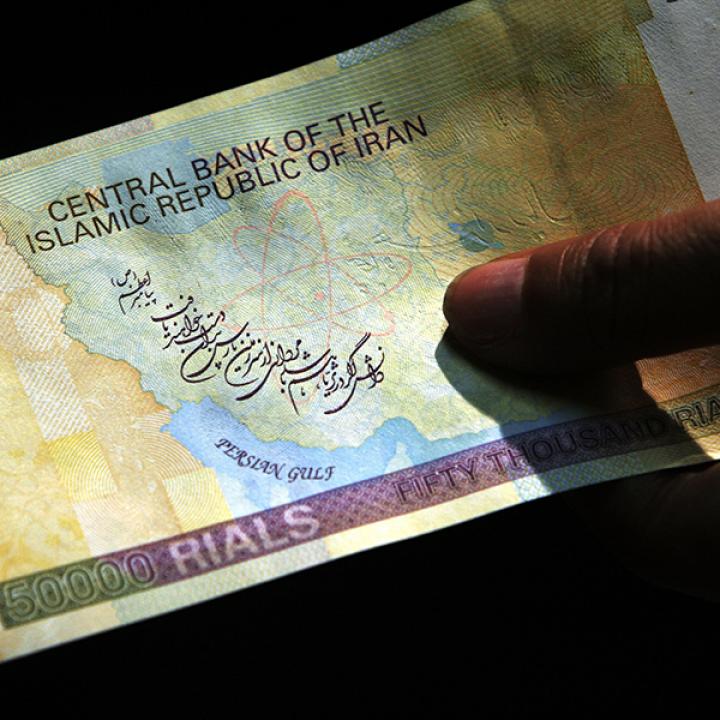

Although a nuclear agreement might encourage banks and investors to reengage with Iran, low oil prices and longstanding economic problems could affect how the deal is perceived.
Reaching a nuclear agreement -- whenever that happens -- is only the start of the story. At least as important is whether the deal sticks. For Iranians, if the economy improves after an accord, the deal looks good; if the economy stagnates, the agreement looks bad. If Iran's economy does not quickly improve apace with public expectations, disappointment with President Hassan Rouhani -- already a common sentiment in Iran -- may grow.
The reality is that the impact of a nuclear deal on Iran's economy is likely to be a complicated story. Trade sanctions will be eased only in a phased process after Tehran has demonstrated that it is implementing the deal's provisions. Many restrictions will remain in place, such as U.S. sanctions related to terrorism. The lifting of limits on bank transfers, which is what Iran wants most, may not have much impact. Nervous about regulators' strict enforcement of rules, banks are "de-risking" by withdrawing from business in countries seen as potentially problematic. Iran's economic problems are extensive, going well beyond sanctions. The lower oil prices alone may be such a drag on the economy that lifting sanctions may not bring the expected relief.
On a more positive note, the very announcement of a deal may boost public confidence, leading to more investment, and encourage European businesses to reengage with Iran. Plus, if the problem of banks' reluctance to deal with Iran can be solved, restoring Iran's access to more of its frozen foreign exchange reserves could have a noticeable impact, particularly in the first few years before the trade sanctions change much.
In short, it is by no means clear how Iranians will assess the economic impact of a deal. If Iranians feel the deal has brought little, then any accord could eventually collapse and each side will blame the other for the breakdown.
Patrick Clawson is director of research at The Washington Institute. This item originally appeared in Viewpoints no. 67, a publication of the Wilson Center's Middle East Program.
Wilson Center Viewpoints



